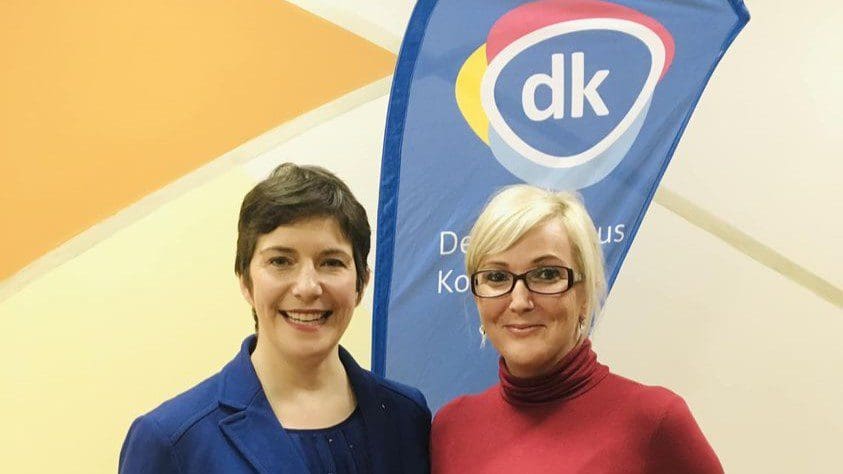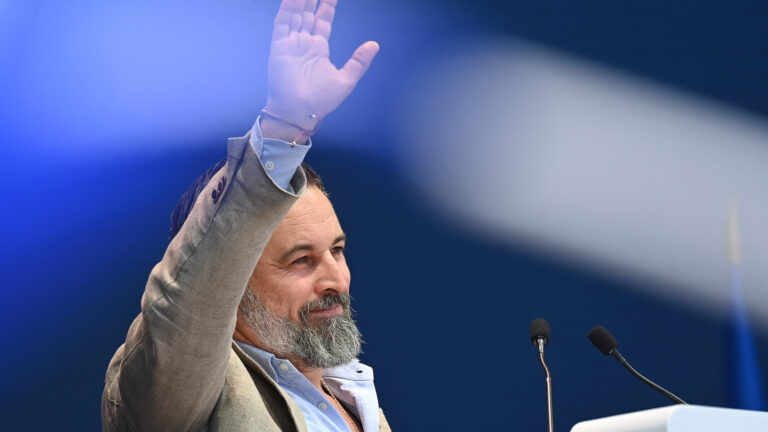As Hungarian Conservative has already noted, since the April 2022 parliamentary election the Hungarian political landscape has gone through serious restructuring. Quite a few politicians left their smaller and less successful opposition parties such as Párbeszéd and Jobbik for the Democratic Coalition (DK). DK, which openly applauds even those who defect to it from the formerly far-right Jobbik, clearly aspires to becoming the leading opposition party by the next election cycles—the 2024 EP elections and the 2026 general elections. The ambitions of DK, on the other hand, are not well received by Momentum, the second largest left-liberal opposition party. Albeit to a lesser extent, Momentum also benefited from party transfers. Most curiously, former Jobbik Vice President János Stummer joined the ranks of Momentum just months after losing his bid for the post of Jobbik President.
So DK and Momentum have been at odds for some time over who is more suitable for opposition leadership.
The scandal around the murky business dealings of DK’s Judit Rácz Földi has now added fuel to the fire,
and has grown into a veritable tug-of-war in the Momentum–DK struggle.
Rácz Földi has been affiliated with DK since 2013. She served as a municipal representative in Székesfehérvár from 2015 to 2023. Recently, she gained country-wide recognition after she was nominated to become a member of the Hungarian parliament, taking the seat of the recently deceased DK MP László Kordás. As it turns out, however, Rácz Földi held a post in the management of an undisclosed offshore company. The scandal was broken by Válasz Online’s investigative report that identified the politician as a central figure in the offshore business turning over several billion forints annually. According to Válasz Online, there was a former strip bar and also a cake shop among the registered branches of the enterprise.
While the politician has denied even having heard of the organisation, VO has produced evidence that she had signed documents related to the company. Soon after the report came out about her offshore interests, the politician sued the media outlet for slander. Rácz Földi ended up losing the case, as the court determined that she was not truthful about her business dealings abroad. Interestingly, in the lawsuit the politician was represented by former LMP co-chairman and practicing lawyer András Schiffer, who is otherwise a fierce critic of DK.
Despite the accusations, DK insists on giving the vacant parliamentary seat to Rácz Földi, which has caused outrage in Momentum. Momentum did not support the National Election Office’s decision that allowed Rácz Földi to take up her seat in Parliament and contested the Office’s approval before the Curia (the Supreme Court of Hungary). Rejecting Momentum’s challenge, the Curia ruled that the scandal-torn politician can start serving her term. Momentum called the politician ´unworthy´ of her seat for having lied about her offshore company, and accused DK of violating its own moral standards by standing by Rácz Földi. The Democratic Coalition, on the other hand, said that Rácz Földi is a ´trustworthy´ politician, and the party is not reconsidering her nomination.
On Thursday, 23 February Momentum told opposition magazine Magyar Hang that the party’s MPs will walk out in protest during Rácz Földi’s swearing in ceremony, reiterating their position that she is unworthy of a parliamentary mandate.
Judit Rácz Földi’s scandal is just another episode in the two opposition parties’ struggle for leadership.
Left-wing DK is headed by established politicians: the party’s president is former Hungarian Prime Minister Ferenc Gyurcsány, while the party’s ‘shadow Prime Minister’ is Klára Dobrev, Gyurcsány’s wife. Momentum, on the other hand, is a relatively new party. It was established in 2017, too late to make it into Parliament in the 2018 elections—in 2022, however, Momentum claimed considerable success. Unlike MSZP and Jobbik, Momentum is not on the decline but rather a ´rising star´ that takes offence with DK’s attempt to benefit from party transfers and pose as the dominant opposition party. The offshore scandal, it appears, is an excellent opportunity for Momentum to challenge and discredit DK in the struggle for leadership.







